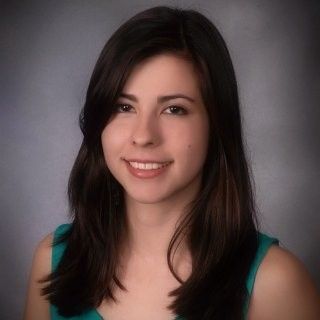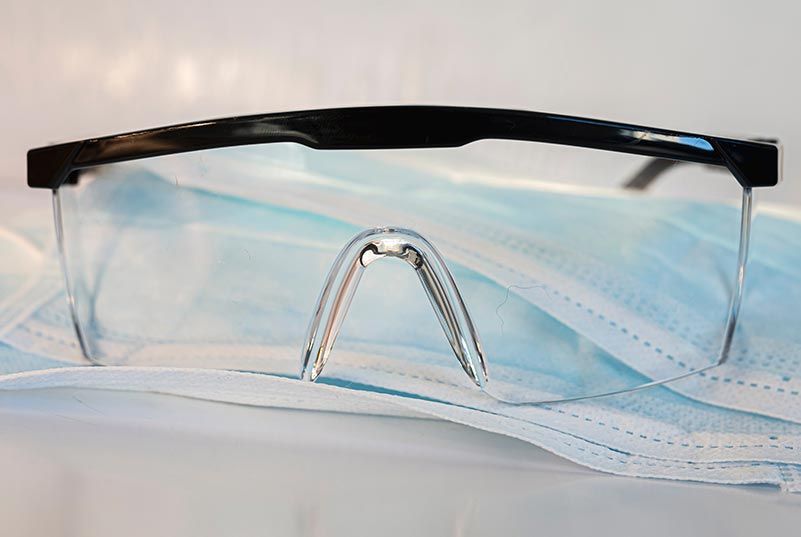Healthcare Systems Engineering alum Leidy Guzman ’16 ’17 M.Eng. tackles process improvement in the era of COVID-19
When patients with COVID-19 began arriving at Tufts Medical Center in Boston, medical staff began burning through disposable face masks, goggles, and gowns.
The situation was so alarming that the hospital quickly tasked Lehigh University Healthcare Systems Engineering alumna Leidy Guzman with calculating how long Tufts’ supply of personal protective equipment, or PPE, would last.
“I did a lot of model predictions for our PPE, looking at questions like, when are we doing to run out? Or when are we going to hit the peak of coronavirus patients?” says Guzman, a project management quality improvement specialist at Tufts.
The numbers would change when PPE donations came in. They changed again when Tufts was able to sanitize N95 masks for reuse—a new capability that also necessitated a new system for gathering items that were originally meant to be worn once.
“We have been working day and night to set up a robust process that allows the hospital to collect as much PPE as possible,” she says.
Like doctor and nurses, Guzman has been on the front lines of the pandemic that struck the U.S. in early March and has since claimed more than 183,000 lives.
In her role, Guzman is using the process improvement and simulation skills she learned in Lehigh’s Healthcare Systems Engineering (HSE) professional master’s degree program.
The HSE program is a 30-credit track that teaches students systems engineering tools and methodologies and how to apply them to the complex and often fragmented environment of health care delivery. Full-time students can complete the degree in 10 months. The program also offers flexible timelines and distance-learning options for working professionals.
At Tufts, Guzman works in the areas of quality and patient safety, helping other departments improve performance and prevent problems before they happen.
“I love it. It’s exactly what I was looking to do.”
In one case, she helped create a documentation system for delivering blood to operating rooms to ensure that units were properly used within a specific time, says Guzman.
After observing deliveries, interviewing staff, and testing ideas, she helped create a card system that requires designated people who deliver and receive the blood to sign when a delivery occurs.
“It was a good example of ‘OK, this is a potential problem, so we should stop it before it ever happens,’” she explains.
Guzman, who grew up in Elizabeth, N.J., has been drawn to health care since she attended an allied health high school and volunteered at a hospital.
She said she was intrigued by the way different departments operated.
“I just had many questions, like how do they run this? I wonder if this could be more efficient?” she said.
Early on as a Lehigh undergraduate majoring in behavioral neuroscience, Guzman realized the HSE program was a natural fit for her innate engineering skills.
“I was still very passionate about health care,” she says. “But I was thinking science, science, science, and here’s a way to that allows me to approach problems in a more structured way.”
Guzman credits the HSE classes, including one on health care finance, with giving her a solid foundation for her career.
“Finance is a very big, important point when it comes to talking about our performance improvement projects—what is realistic and what is not,” she says.
Guzman says the HSE program also opened up real-world opportunities. For her capstone project, she presented an analysis of an initiative to reduce in-patient admission waiting times to the chief medical officer at Penn State Health Milton S. Hershey Medical Center.
“I was really keen on coming in and helping them break it down to see how this initiative was going—and if it was actually working,” she says.
Guzman says the HSE program also does an excellent job of keeping alumni up to date on the industry and connecting graduates seeking career advice and job opportunities.
“This program didn’t just come with the classes and the trainings—it also provided a valuable network.”
—Katherine Reinhard '85G is a freelance contributor for the P.C. Rossin College of Engineering and Applied Science


